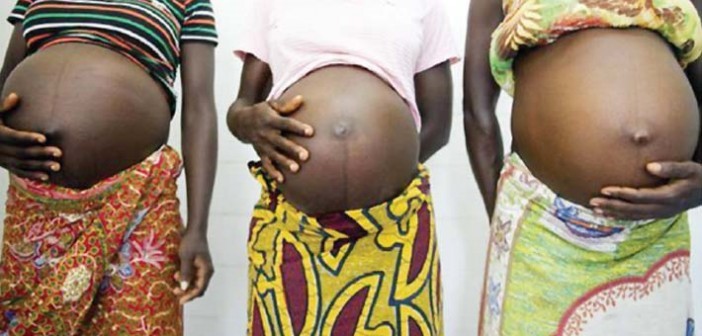
The rate of mother-to-child HIV transmission stands at 8.3 percent according to National Syndemic Disease Control Council
According to the Council, more newborns in 21 counties were born or infected with the virus last year, compared with 2021. This report is the latest HIV estimates released this month.
“National mother-to-child transmission rate averages at 8.6 percent (nationally) with significant geographical disparity; range from more than 5 percent to 38.8 percent,” the council said.
The 21 high-burden countries are Mombasa, Lamu, Taita Taveta, Wajir, Mandera, Kitui, Machakos, Nyeri, Murang’a, Samburu, Trans Nzoia, Uasin Gishu, Elgeyo Marakwet, Nandi, Baringo, Narok, Kericho, Vihiga, Busia, Kisii, Nyamira and Nairobi.
Kenya has a population of 1.4 million individuals living with HIV, and 98 percent are receiving antiretroviral treatment. Globally, Kenya bears the 7th highest burden of HIV. The country records 61 new HIV infections every day.
Statistics show that the number of children living with HIV in Kenya fell from 180,000 in 2010 to 111,500 in 2020.
The situation, NSDCC, say is worse in four counties where up to 38 percent of babies are getting infected.
Mandera County leads in this prevalence at 38 percent of babies born to HIV-positive mothers who are also positive. It is followed by Wajir at 29.6 percent, Samburu at 25.7 percent and Narok at 21.1 percent.
According to the Council, women living with HIV who do not receive antiretroviral (ARV) medicine have a 15–45 percent chance of transmitting the virus to their children during pregnancy, labour, delivery or breastfeeding.
That risk drops to less than five percent if treatment is given to both mothers and children throughout the stages when transmission can occur.
Kenya’s goal is to get to less than five percent and be certified to have eliminated mother-to-child transmission of HIV.
Additionally, out of the 427 new infections that are recorded in the country every week, 62 occur among adolescents aged 10 to 19 years, the council said.

Leave a Reply